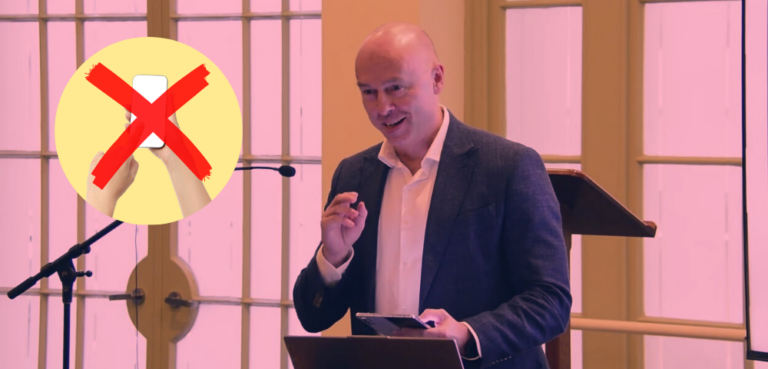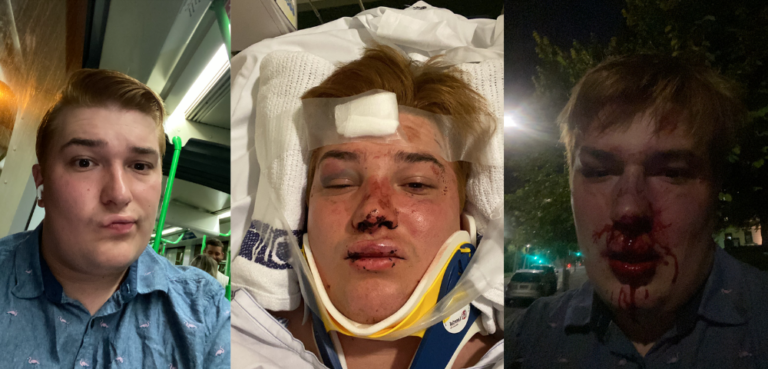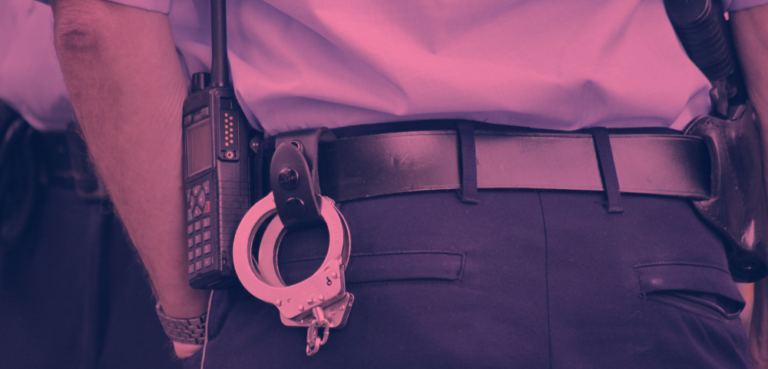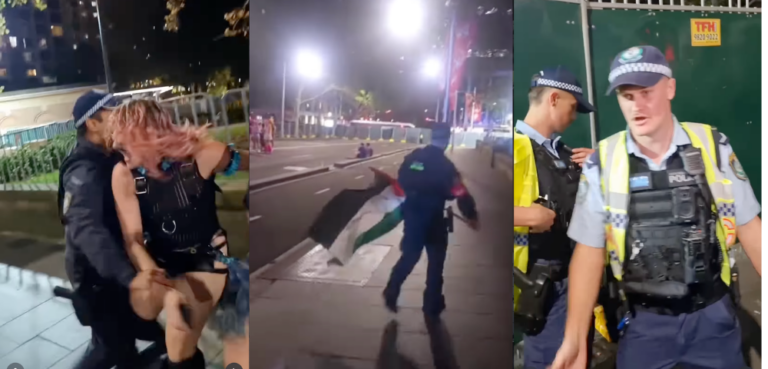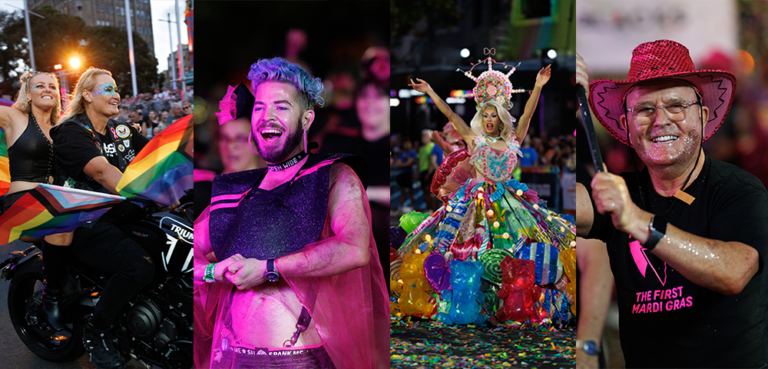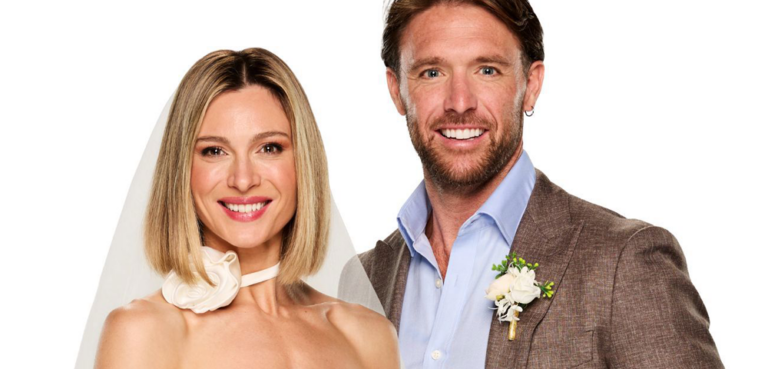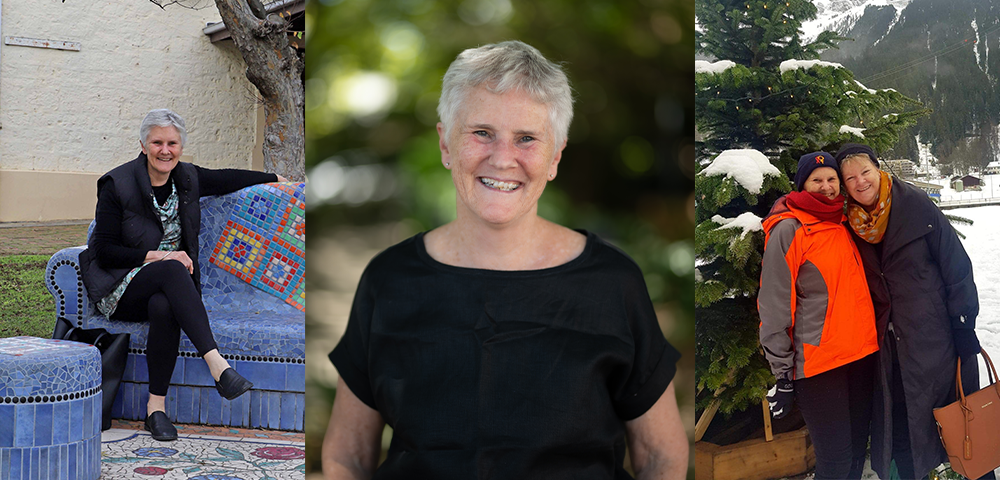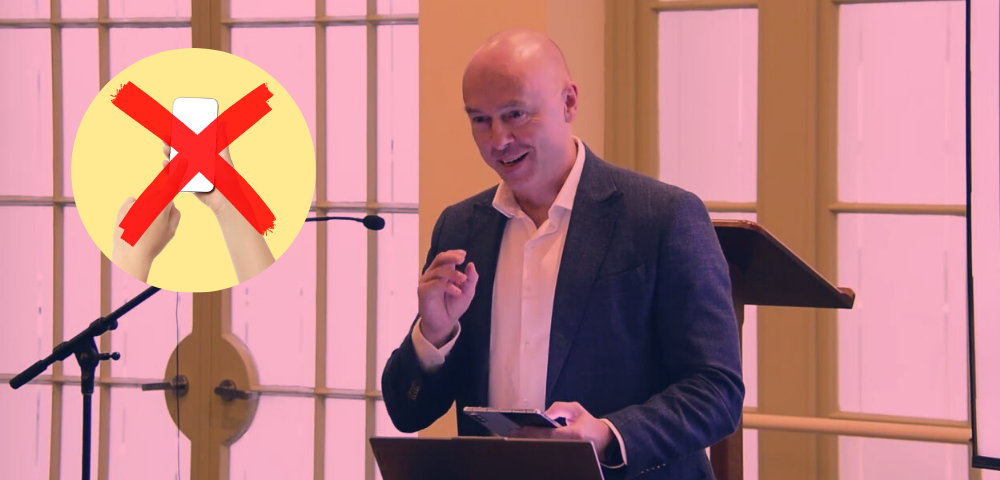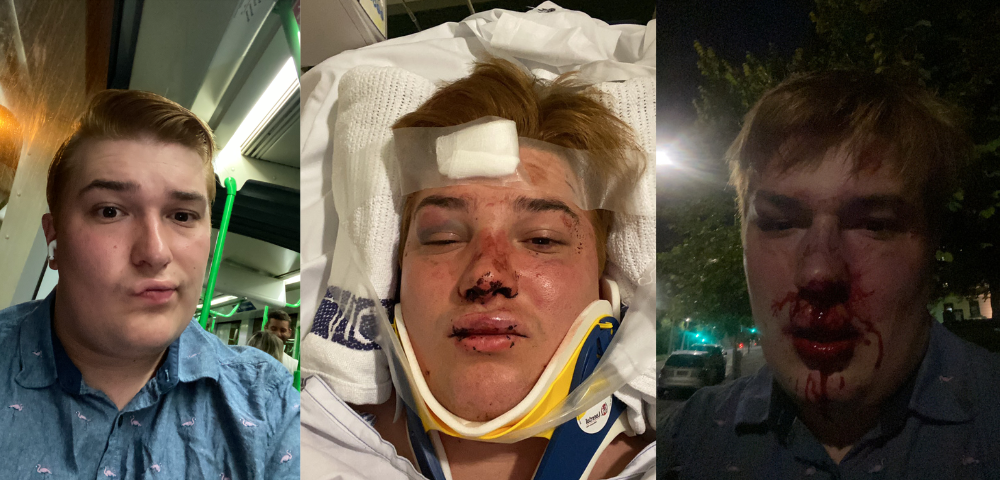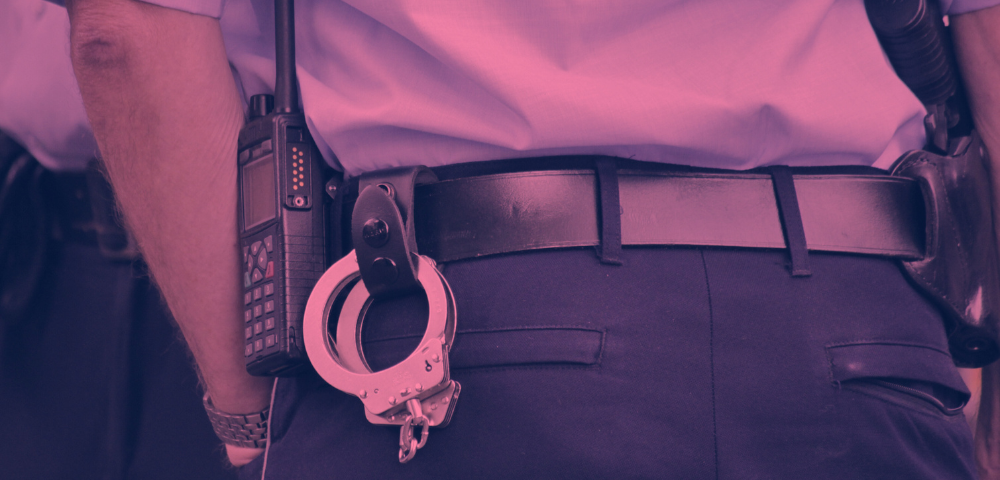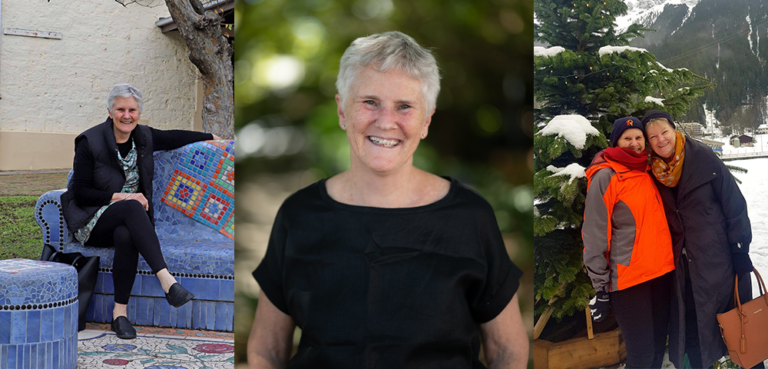
Weapons: Bi+ Actor Clayton Farris Explains Why LGBTQ+ Folks Stan Aunt Gladys
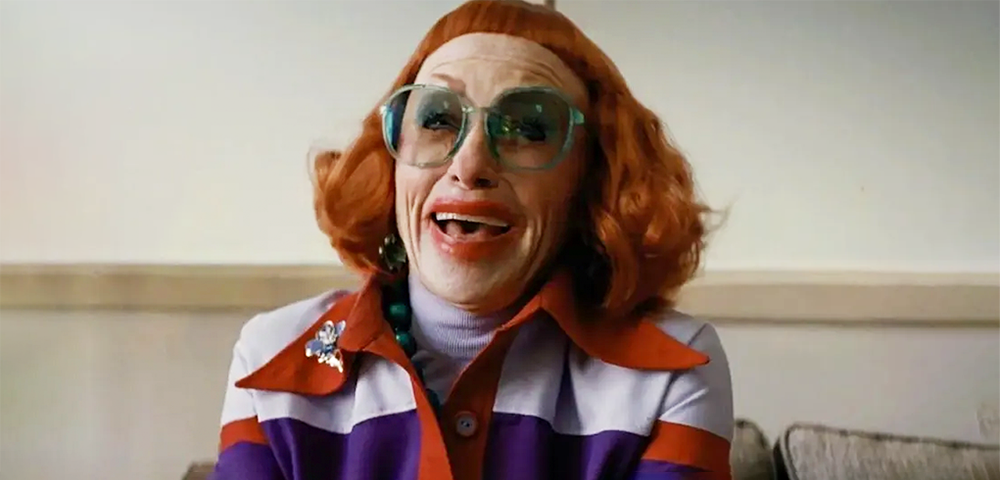
In the shrieking, shadowy chaos of the horror film Weapons, one character has sashayed her way into cult-queer adoration: Aunt Gladys.
With her micro-bangs, smudged red lipstick and teal glasses, she’s equal parts camp and sassy, terrifying and witchy. And according to bisexual actor Clayton Farris, who plays Terry in Weapons, that’s part of the exact reason why LGBTQIA+ audiences couldn’t get enough of her.
“Even though Gladys can be looked at as this bad character or the antagonist, I see a character who has been put through a lot and drug through the mud for a while, and this is her getting her comeuppance,” Farris told Rough Draft Atlanta.
He added: “I think in that realm – as someone who was bullied a lot as a kid – whenever you see characters like Gladys being proudly themselves and loud and open, there is something that resonates [with] the queer community and everybody, because that is what people want – the courage to be themselves.”
Farris, who stars as one half of a loving gay couple anchoring the film’s queer representation — says the community’s connection to Aunt Gladys is about more than her flamboyant, witchy energy. It’s also about the joy of a same-sex couple who are simply allowed to exist in the film — and their appearance doesn’t centre around their sexuality.
“We get to see queer characters just living their lives and [that] are happy,” explained Farris. “And the storyline is not about them being gay or being tragically bullied or the stories we are used to,” the actor added.
He also acknowledged the criticism around the familiar horror trope of queer characters being killed off — and often killed off first! — while noting its narrative function in the film.
“I get it. If you are thinking of it from a filmmaking [perspective], it really worked in terms of the story and writing, because people love those characters,” he said. “That shift that happens during our scene when Gladys comes in – you feel the room shift. This is turning sinister. I want to validate when people say that, but in horror people have to die.”
For many LGBTQIA+ viewers, Aunt Gladys embodies the defiant, theatrical energy beloved across queer culture: a glamorous outsider who refuses to shrink, even when the plot turns dark. She’s camp, she’s chaotic, she is, for whatever the various reasons are we’re each identifying with, somewhat queer-coded — and she’s therefore unforgettable.
And yes, there might be an Aunt Gladys prequel coming — and my queer ass is real damn excited about that, so Farris might just be onto something.
View this post on Instagram
